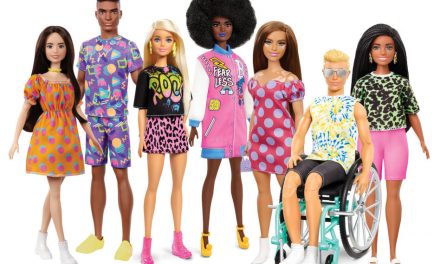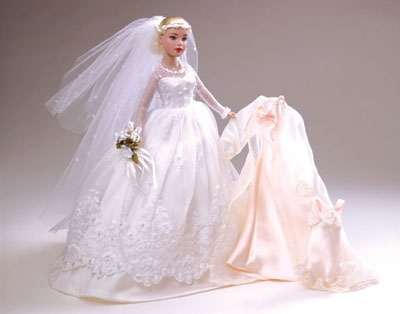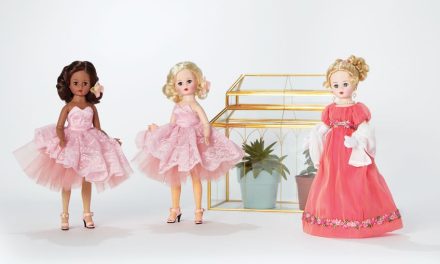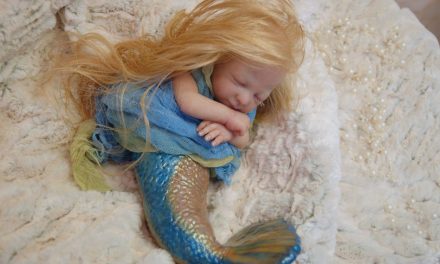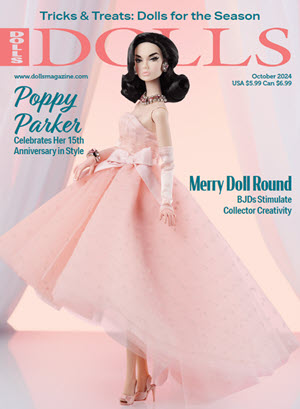After continual losses throughout 2008, the Middleton Doll Co.’s board proposed to make the publically traded company private. The majority of shareholders agreed with the board’s proposal, voting yes, when they met on Dec. 30, 2008. If they would have voted no to the board’s proposal, the company may have had no other choice than to file for bankruptcy.
Bando-McGlocklin, a financial services firm founded by former Milwaukee Brewer, Sal Bando and former Milwaukee Buck, Jon McGlocklin, first acquired Lee Middleton Original Doll Co. in 1993 after the doll company had defaulted on its loans from Bando-McGlocklin.
By 1997 the Lee Middleton Original Doll Co. had become enmeshed into Bando-McGlocklin. As time went on and the business evolved, Bando-McGlocklin changed its name to Middleton Doll Co. in 2001 and even changed its NASDAQ symbol to DOLL. In early 2006 the company began to phase out its financial services sector to focus on its doll and other fine collectible lines.
However, as the economy began to slowly—and then drastically—decline in recent years, so has the market for the type of high-end heirloom-quality dolls Middleton Doll Co. produces. As its stock price dramatically declined (the price per share was $.11 as of this writing), Middleton Doll Co. hoped its shareholders would agree to the privatization of the company.
The move is projected to save the company more than half a million dollars in disclosure costs alone, as well as other revenues. In addition, shareholders will receive more money for their shares than the shares’ current value on the stock market.
If the company would have simply declared bankruptcy, those who hold common shares in the company would have received nothing while holders of preferred shares would have received a small sum for each of their shares as the company moved into liquidation.

